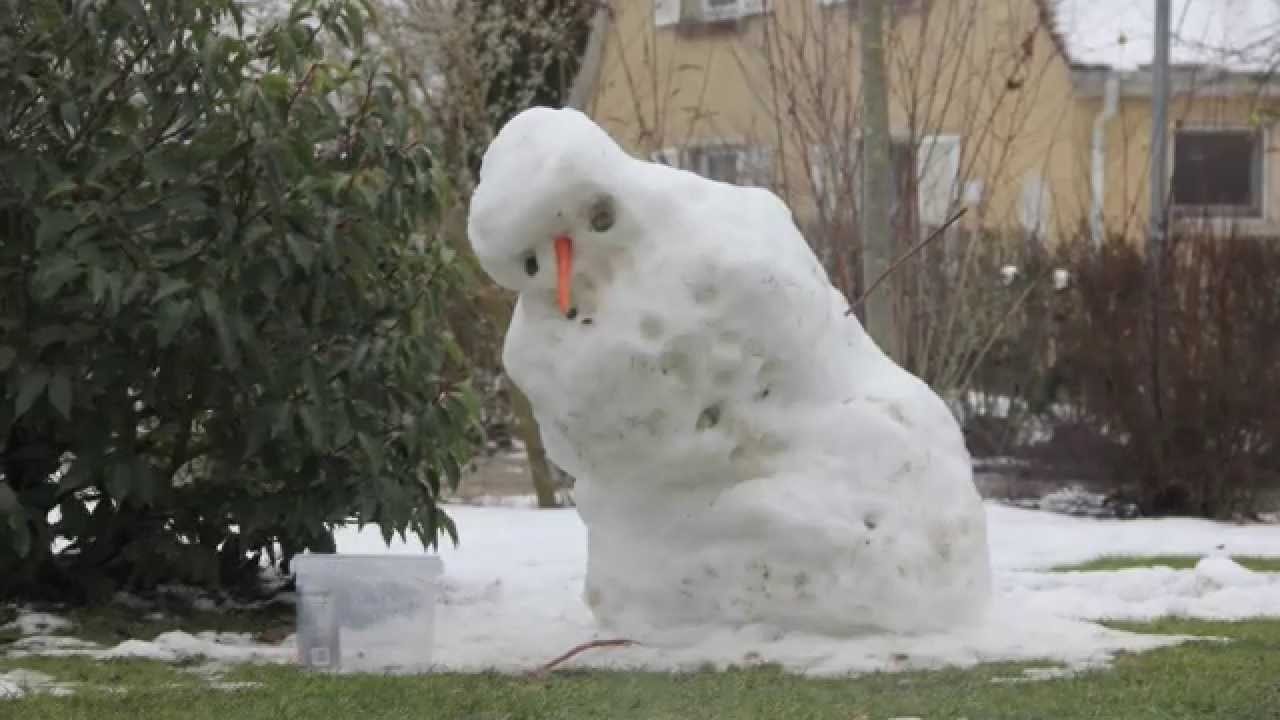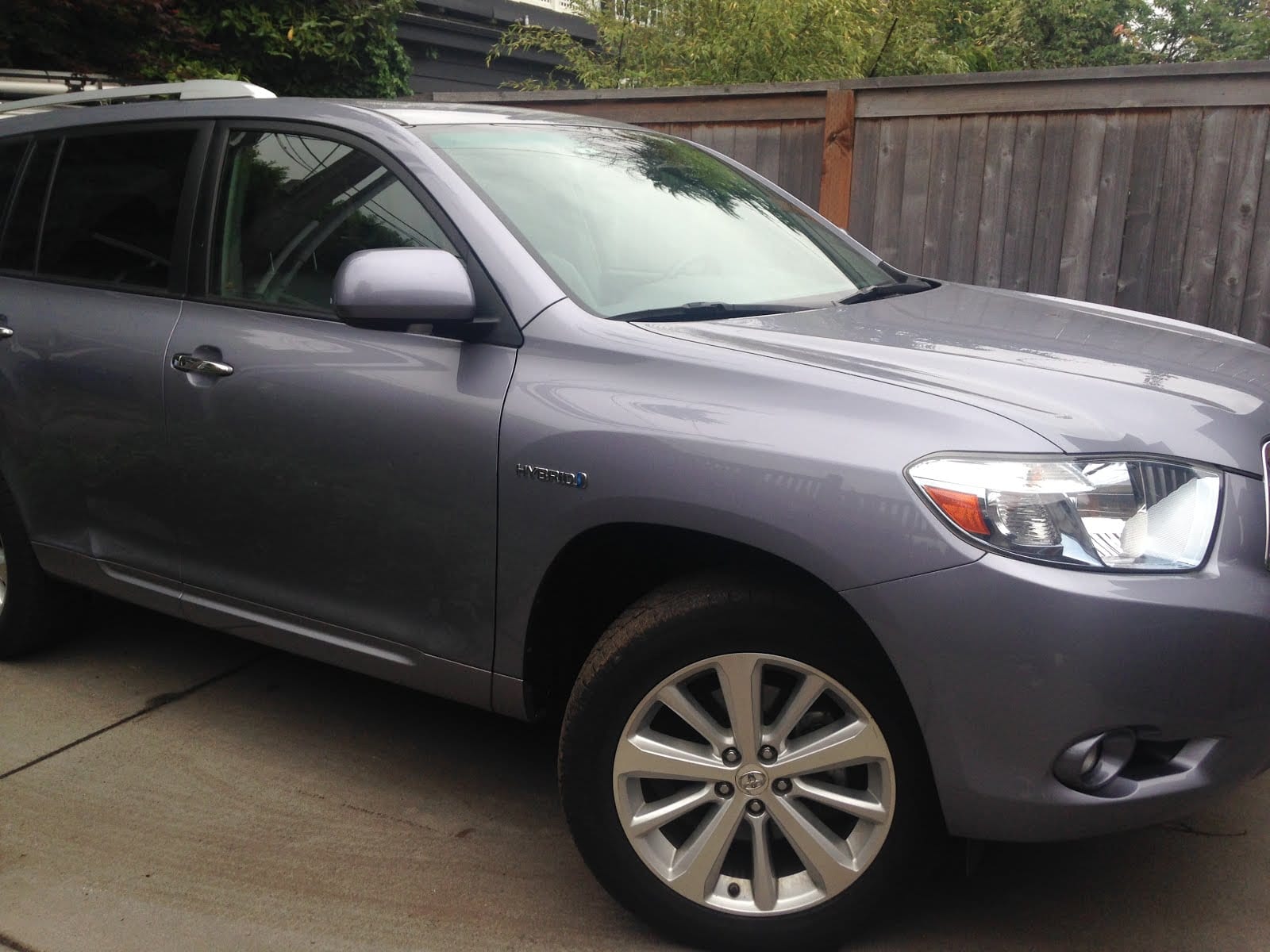
I have written and written and written about reproductive rights for twenty years or more. I’ve written op-eds, chapters in anthologies, essays for online outlets, and even an entire book that was never published. Over and over again, I’ve expressed my opinion as a woman and as a parent, hoping that my words weren’t just reaching folks who already agreed with me. And for a while, I stopped, because I feared that’s exactly what was happening. I don’t remember the last time I wrote about it until yesterday, but when I went to bed last night with such a heavy heart, the thing that came instantly to my mind was not abortion providers or women who need abortions and can’t get them (although I am outraged and fearful for them, no doubt). It was my children I thought of – the ones I gave birth to and the ones I love and nurture without any biological connection at all.
I know what it takes to raise children in this country. And my position and perspective is one of extreme privilege, so perhaps I ought to say that I know what it takes to raise children in this country as a white woman with money who was married to a white man, both of us college educated. I cannot ever know what it is to raise a child without financial security and a roof over my head and a partner. I cannot know what it is to raise a child as a person of color, someone who is not heterosexual or neurotypical or fully able-bodied. And so when I say that raising a child is hard, exhausting, overwhelming work, please imagine that for folks who didn’t have the resources I had, it is one hundred thousand times harder.
Raising a child in this country means being pressured by all of the people around you – professional and personal – to do things a certain way. It is a constant struggle to discern what is best – breast or bottle, pacifier or thumb, circumcision or not, vaccine schedules, preschool or daycare – if you have the luxury of choice, that is. It is 24 hours a day of tending to another human being one way or another – providing food and care and working to make sure they’re safe and learning. It is navigating systems that are not designed to support families – school systems, healthcare systems, and cities. It is often sacrificing your own well-being and health and rest in order to ensure that your child is healthy and happy. It is unequal work and it is uncompensated.
I could go on, given what I know about raising school-aged children and teenagers and supporting young adults, but I won’t. My point is this: parenting is an overwhelmingly exhausting and depleting lifetime job and it should be freely chosen. What if we lived in a world where each and every child was so loved and wanted that the task of parenting was embraced and supported by the extended community? What if every child was surrounded by a group of caring adults who had the resources and the ability to make them feel absolutely loved and safe?
That is what abortion offered me when I was 17. Because it was legal and I had access, I was able to make a decision to postpone having children until I was ready to provide them with a safe, loving home. When my first daughter was born, I was 29 and a full-throated YES to bringing her into the world. That isn’t to say that it wasn’t hard work, but I was married, financially secure, and emotionally ready to begin that journey. It changed everything about my life, and I wouldn’t trade it for anything, but I was ready, and that made all the difference. My second daughter came when I was 31 and, again, it was a full-throated YES.
Over the years, other kids came into my life who needed something they couldn’t get elsewhere – emotional support, a safe physical space to be, help with a challenging situation – and because I had solid footing, I was able to give them a full-throated YES, too. Every one of us deserves that – to know that we can rely on others to support us when we need it, but we can’t have that if we don’t get to choose when to have children. Parenting is so overwhelming that it subsumes everything. Not all the time, but enough that careers get derailed, bank accounts get depleted, marriages fall apart. Allowing people to choose when they bring a child into their life is a game-changer. One of the most basic psychological needs of a healthy human being is agency. Self-determination. The belief that we get to be in charge of some of the biggest things in our lives.
Reproductive rights aren’t political, they’re fundamental to healthy humanity, and what is fundamental to healthy humanity is fundamental for a healthy community. We cannot build strong, caring communities without a full-throated YES to each and every one of us.
What if every child knew that they were a full-throated YES?


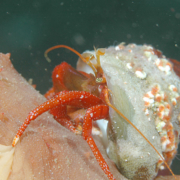
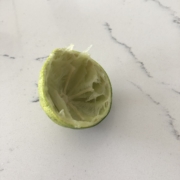
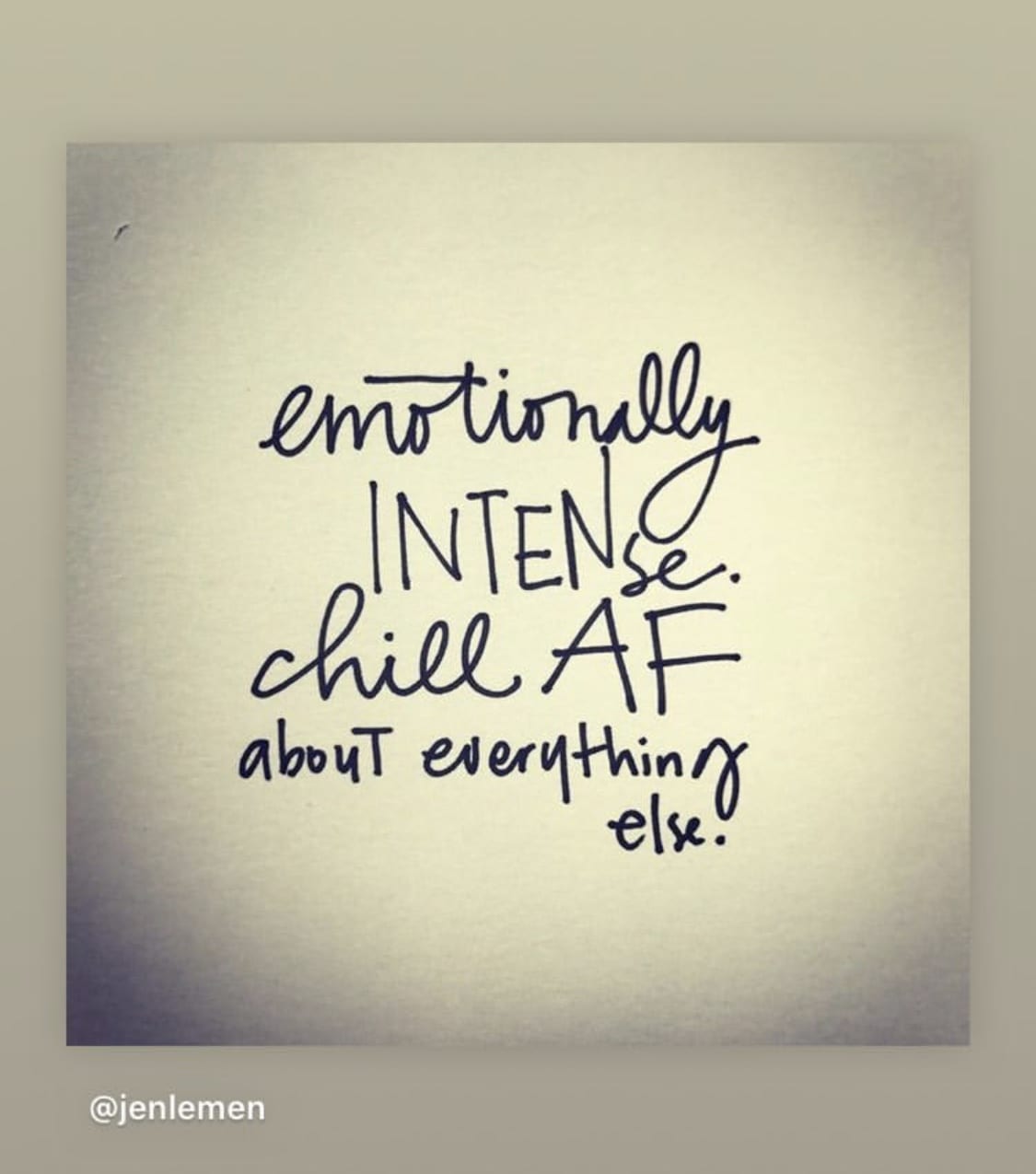 I am writing my way in to my body. This is difficult, but not counterintuitive. In the last ten years or so, I’ve discovered that what I used to think was counterintuitive was simply fear. Instead of doing what I was told to do (don’t poke at that, don’t examine the pain, pretend it isn’t there or deny it or minimize it) for most of my life, I have learned that opening up, asking questions, and leading with curiosity is actually the most intuitive thing I can do.
I am writing my way in to my body. This is difficult, but not counterintuitive. In the last ten years or so, I’ve discovered that what I used to think was counterintuitive was simply fear. Instead of doing what I was told to do (don’t poke at that, don’t examine the pain, pretend it isn’t there or deny it or minimize it) for most of my life, I have learned that opening up, asking questions, and leading with curiosity is actually the most intuitive thing I can do.

